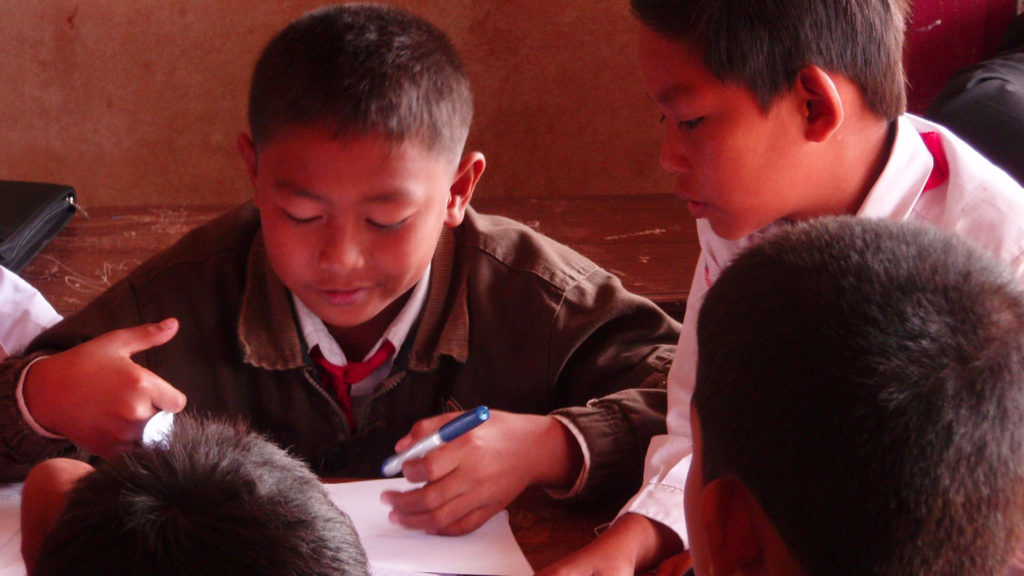
The Centers for Disease Control and Prevention (CDC) recommends vaccinations throughout one’s life to protect them against many infectious diseases. When vaccines are skipped, one is left vulnerable to illnesses such as shingles, pneumococcal disease, flu, and human papilloma virus (HPV) and hepatitis B, both leading causes of cancer.
What exactly is vaccination? According to Wikipedia, Vaccination is the administration of a vaccine to help the immune system develop protection from disease. Vaccines contain a microorganism or virus in a weakened, live or killed state, or proteins or toxins from the organism. They work with your body’s natural defenses to build protection.
According to the World Health Organization (WHO), “Each year, vaccines prevent 2 to 3 million deaths every year. An additional 1.5 million deaths could be avoided, however, if global vaccination with a vaccine for the purpose of inducing immunity coverage improves.”
Getting vaccinated is important for at least two reasons: to protect oneself and those around you. Currently, vaccines are the best ways we have to prevent infectious disease, these diseases can result in severe complications and sometimes death. Vaccination has been one of our most successful tools for protecting the public’s health. If one vaccinates, they contribute to wiping out diseases that could spread now and into the future.
The United Nations Children Funds (UNICEF) states that, if all children were vaccinated with the existing vaccines, at least 25 million lives could be saved. Children who get vaccinated are protected from serious illness and complications of vaccine-preventable diseases which most often include: paralysis of limbs, hearing loss, convulsions, amputation of an arm or leg, brain damage, and death.
Thanks to the emergence of vaccines, diseases could have been imported and quickly spread through a population, leading to epidemics. According to WHO, between 2000 and 2017, vaccination reduced global deaths from measles, a contagious viral disease marked by fever, the eruption of red circular spots on the skin that can be deadly to young and weakened individuals by 80% worldwide (preventing an estimated 21.1 million deaths). Vaccines have led to large reductions in illness and death—for both the young and old alike.
Recently, the world was brought to its knees with a global pandemic, Corona Virus that killed over 3,035,109 (according to Worldometers.info) globally. To reduce this death toll rate, vaccines have been developed by scientists. These vaccines are critical in combating against COVID 19; it is really encouraging to see so many vaccines proving successful. On the 2nd of March 2021, Nigeria received nearly 4 million doses of the COVID 19 vaccine. The arrival of the vaccine marked a historic step towards the goal to secure an equitable distribution of COVID 19 globally. It is therefore imperative for everyone to get vaccinated to stop the spread of the virus and bring it to its end.
Getting vaccinated costs less than getting treated for the diseases that the vaccines protect you from. However, much work still needs to be done as indicated by WHO “far too many people around the world – including nearly 20 million infants each year – have insufficient access to vaccines”.
Monday Health Burst is an initiative of Centre for Family Health Initiative (CFHI) to tackle issues of basic health concerns. Join us every Monday for more health-related articles on all our social media platforms

